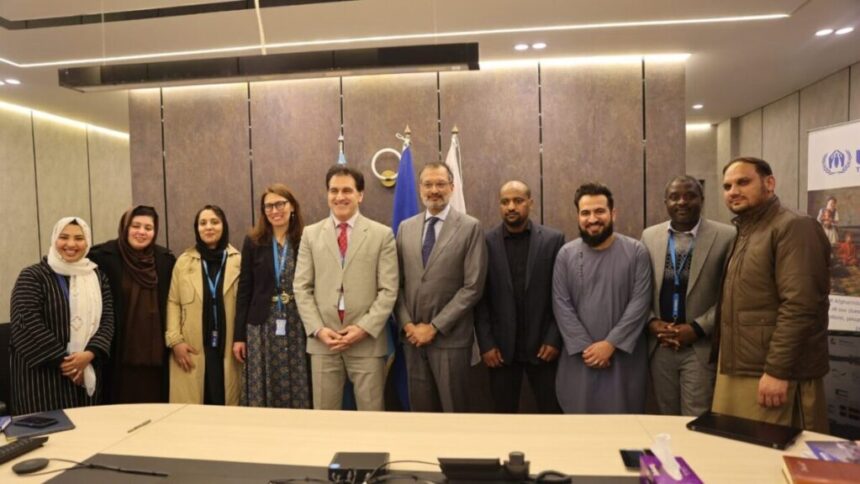RASC News Agency: The United Nations High Commissioner for Refugees (UNHCR) has reaffirmed its commitment to supporting Afghanistani women by intensifying its initiatives to empower them in the face of mounting challenges. In an official statement shared on X (formerly Twitter), the UNHCR outlined key components of its expanded programs, which aim to provide returnee refugees particularly women with access to sustainable livelihoods, entrepreneurship opportunities, and business development support.
The statement underscored the UN’s unwavering dedication to advocating for Afghanistani women and delivering vital services tailored to their unique needs. To further this goal, the UN has signed a new agreement with the United Nations Development Programme (UNDP), focusing on advancing trade and development initiatives that prioritize women’s empowerment. This announcement comes against the backdrop of the Taliban’s systematic suppression of women’s rights, including a sweeping ban on female employment in non-governmental organizations (NGOs) that has been in effect for over two years. These draconian restrictions have left countless women the primary breadwinners in many families facing severe economic hardships.
Earlier reports from the United Nations highlighted how the Taliban’s prohibitions on women’s work and education have directly undermined global humanitarian aid efforts, impeding both the volume and efficacy of relief programs across Afghanistan. Since their return to power, the Taliban have enacted a relentless campaign to strip Afghanistani women of their fundamental rights. Girls are barred from attending school beyond the sixth grade, women are excluded from higher education, and their participation in social, professional, or governmental roles has been systematically eliminated. Public appearances by women are heavily restricted, effectively erasing them from Afghanistan’s societal fabric.
Over the past three years, the Taliban have only tightened these oppressive measures. All schools for girls have been closed, and additional limitations have been imposed on women’s mobility and public engagement. This escalating crackdown on women underscores the critical importance of international intervention and support to mitigate the humanitarian and societal toll on Afghanistan’s female population.






